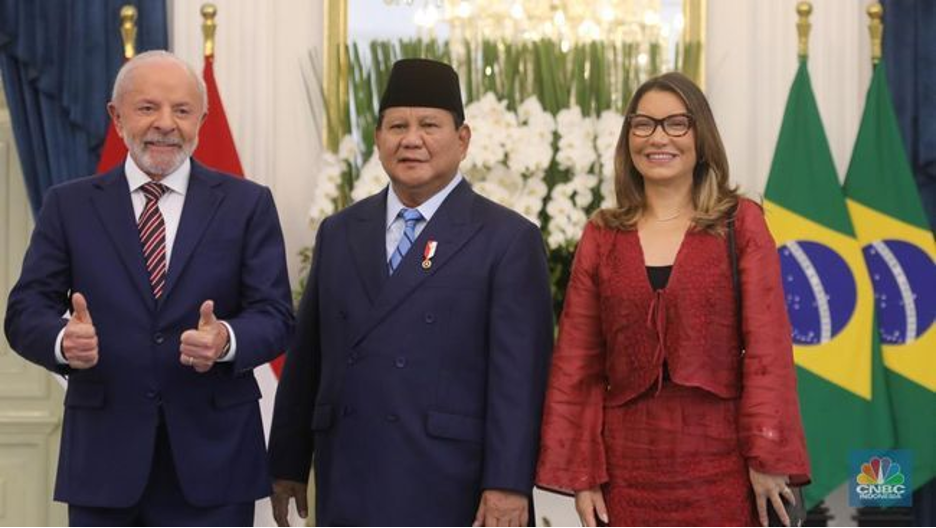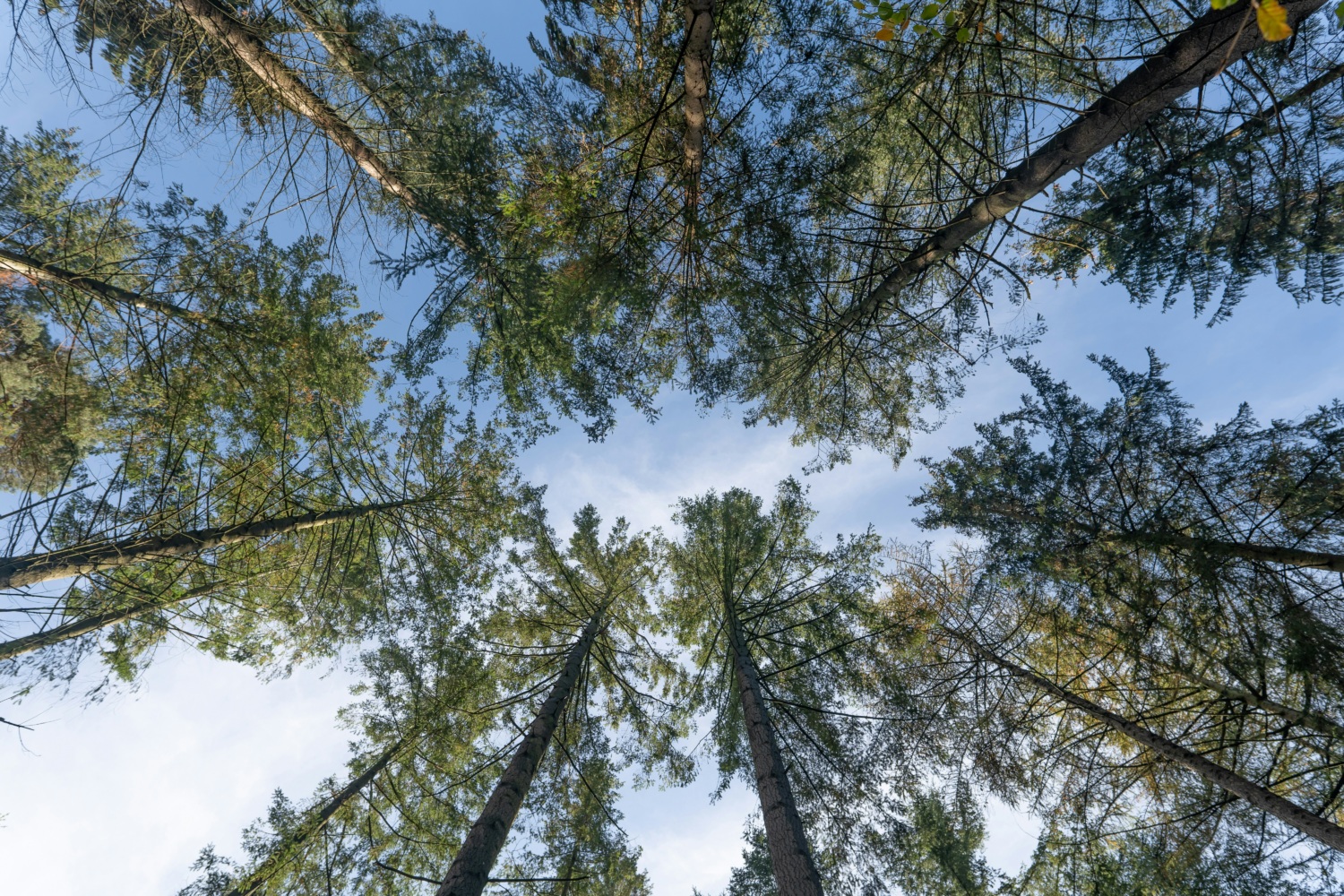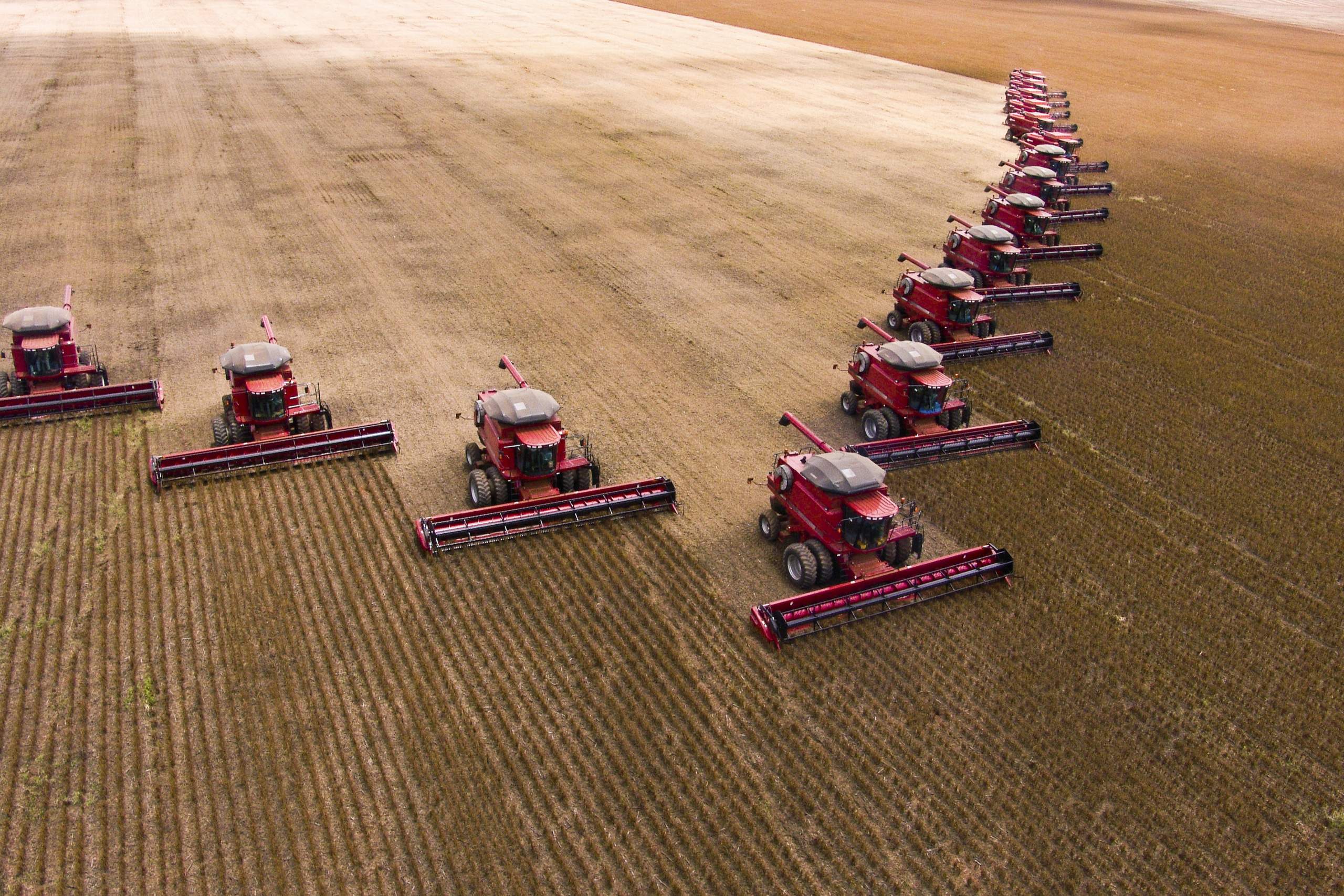
Breaking: Cargill and Bunge Fined for Destroying Protected Natural Areas
The Brazilian government’s IBAMA environmental enforcement agency announced this week that it has caught red handed five soy traders and dozens of commercial farmers purchasing soy connected to the destruction of protected natural areas.
According to wire reports, the companies caught in IBAMA’s “Operation Soy Sauce” driving illegal deforestation are the American agribusiness giants Cargill and Bunge, as well as ABC Indústria e Comércio SA, JJ Samar Agronegócios Eireli, and Uniggel Proteção de Plantas Ltda. The fines totaled $29 million, or 105.7 reais.
“Again and again, we have warned Cargill and Bunge that they need to stop their large-scale deforestation,” said Glenn Hurowitz, CEO of Mighty Earth. Mighty Earth has conducted a series of undercover investigations that found Cargill and Bunge driving extensive deforestation in Latin America, including in the Cerrado, the region where IBAMA identified these companies engaged in illegal ecosystem clearance. Footage, including aerial drone videos showing the vast scope of deforestation, from the Cerrado field investigation can be found here. “Despite years of evidence and calls from their customers for change, Cargill and Bunge have continued to drive destruction of these extraordinary natural ecosystems.
“Bunge and Cargill have dishonestly told their customers and the public that the Brazilian government doesn’t want stronger conservation measures, even after the Brazilian environmental minister called for them to stop deforestation in the Cerrado in 2016. This action shows that the Brazilian government continues to want these American companies to stop exploiting their land and people.”
61 major soy end users, including McDonald’s, Walmart, Tesco, Carrefour, Unilever, and Nestle recently issued a formal call to soy and meat companies to stop all destruction of the Cerrado.
“McDonald’s, Carrefour and other companies that sell meat and dairy need to be asked why they are still selling products raised on soy from Cargill or Bunge, when these companies have driven so much destruction,” Hurowitz said. “Companies like McDonald’s and Carrefour that sell products connected to Cargill and Bunge are aiding and abetting their criminal activity. Responsible meat companies shouldn’t make their customers complicit in environmental crimes with every bit of a Big Mac.”
The Cerrado is home to five percent of the world’s biodiversity, including species facing serious threats like jaguar, giant anteater, maned wolf, and marsh deer. The region is also critical for humans, providing the source for half of Brazil’s watershed, and 90 percent of its hydropower.
According to Reuters, Bunge responded to the law enforcement action by saying that “its grain purchases in the area where it was fined are in line with best practices and that it had consulted public databases on banned areas.”
“Bunge is defending itself by saying it thought it thought destroying these areas was legal. The Brazilian government clearly doesn’t agree,” Hurowitz said. “But if Bunge just took the simple step of banning all deforestation in its supply chain, it wouldn’t be facing these risks at all.”


